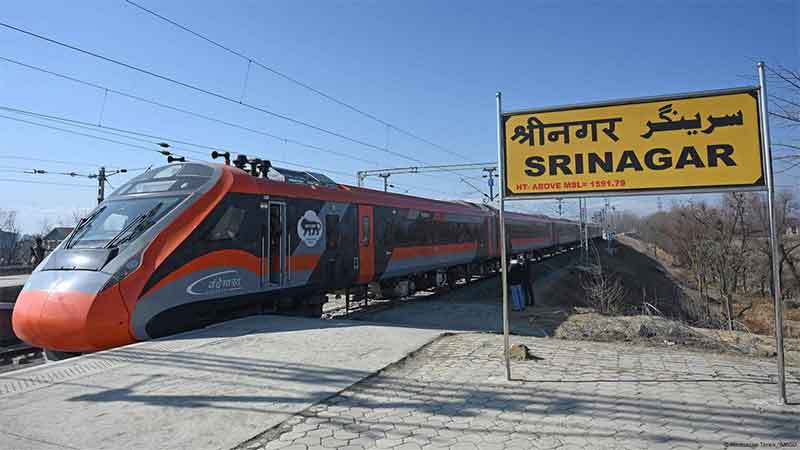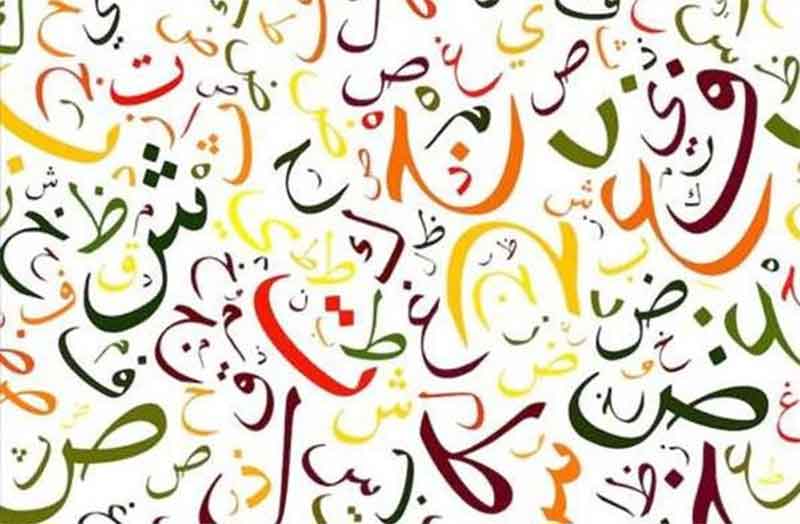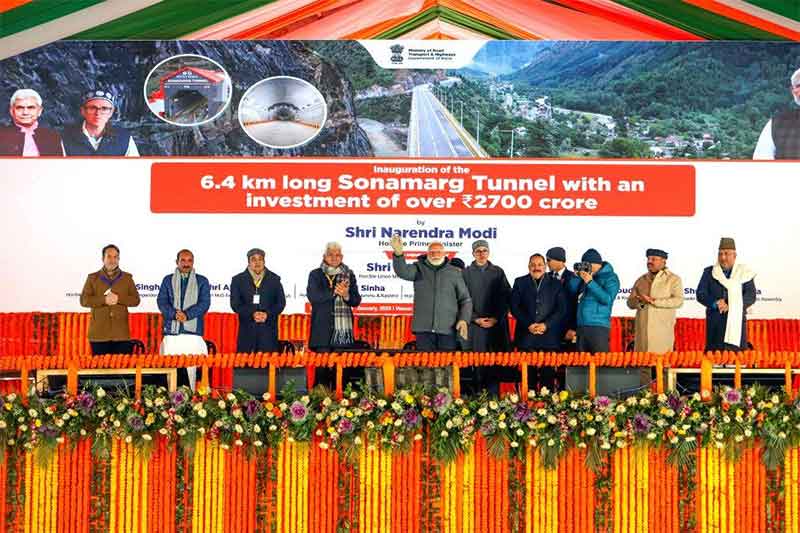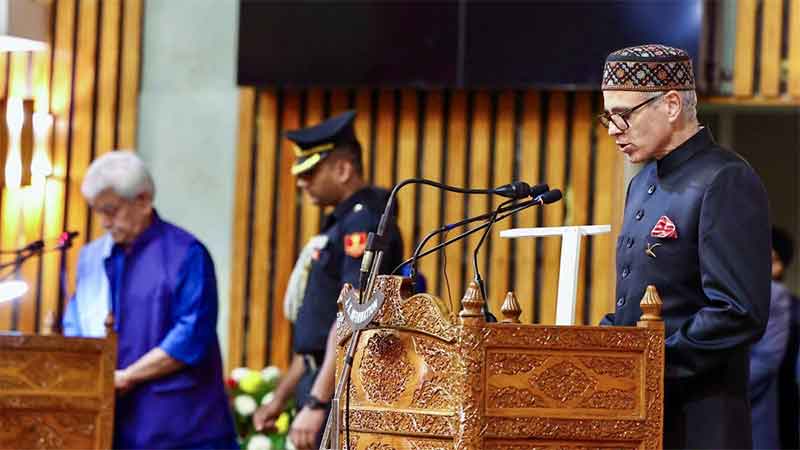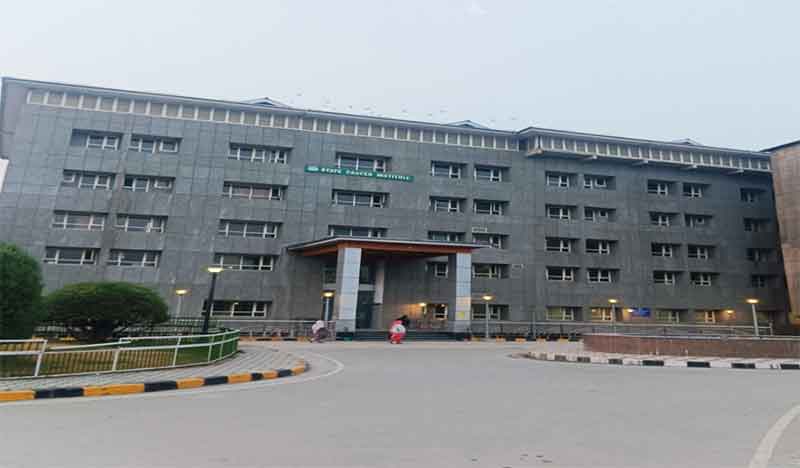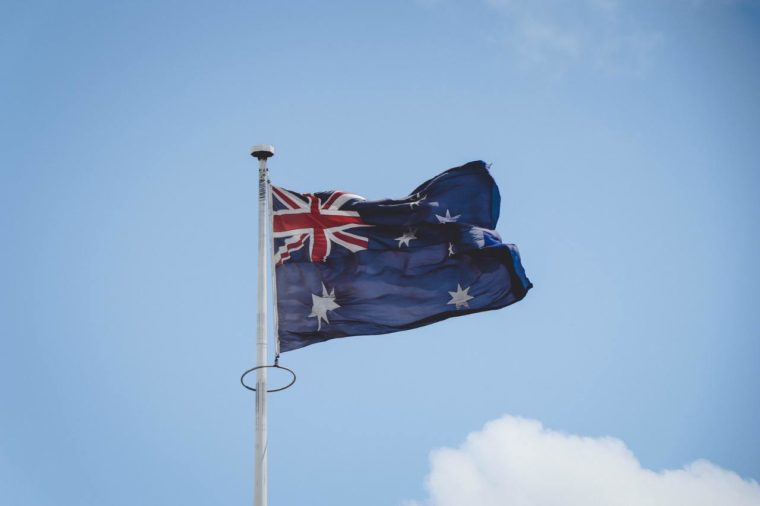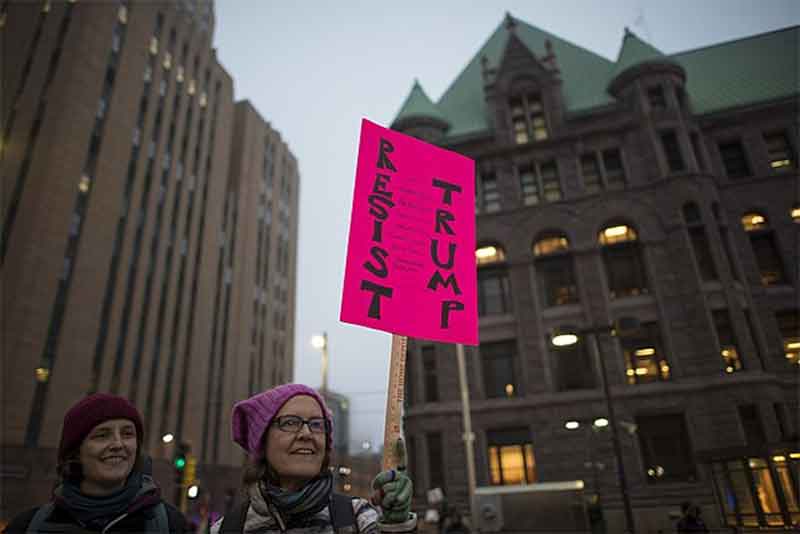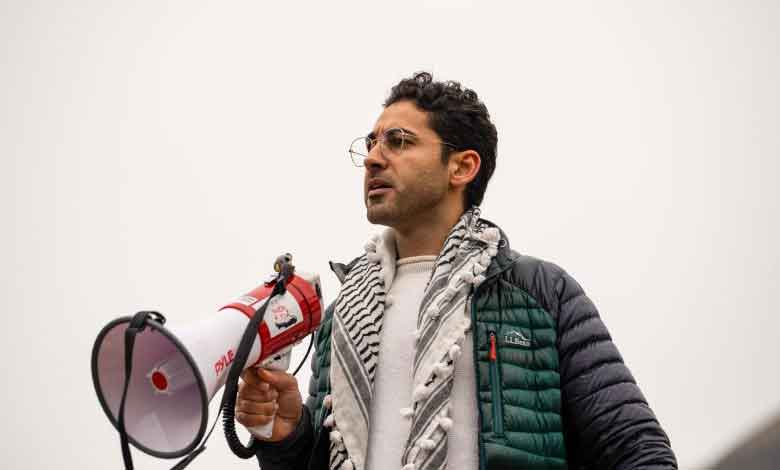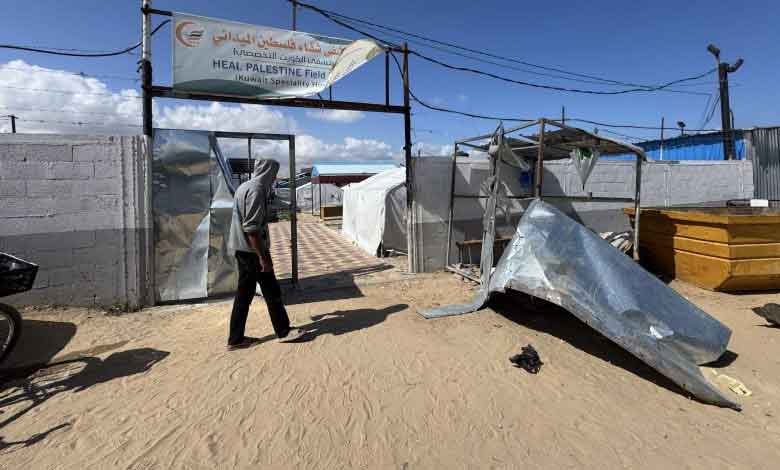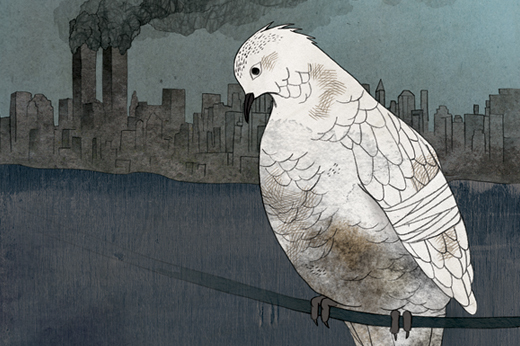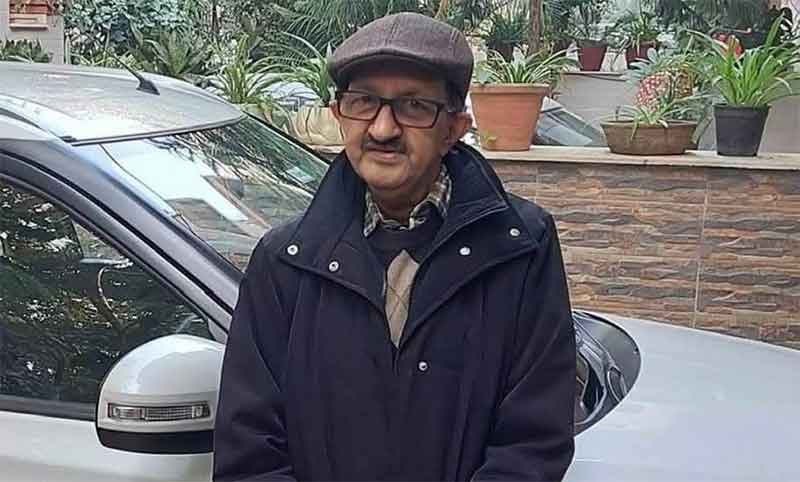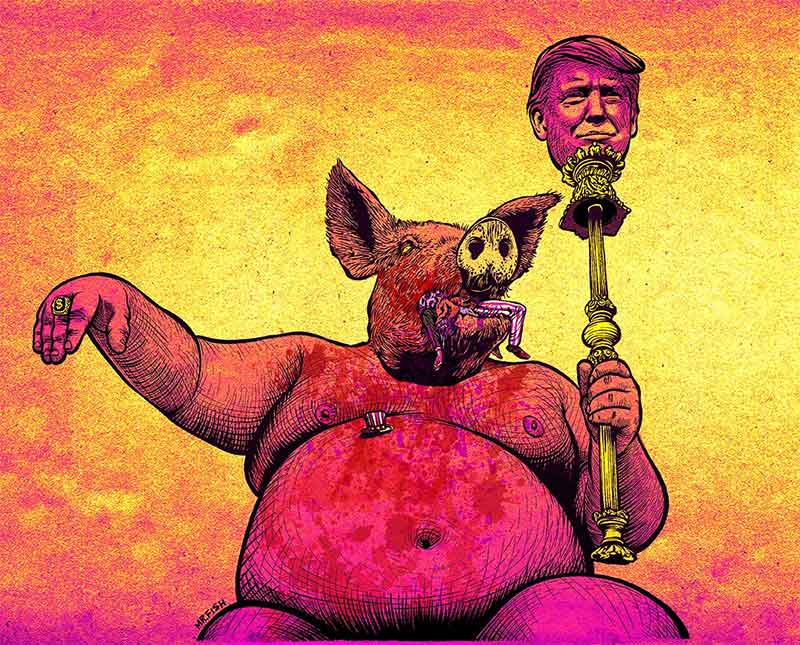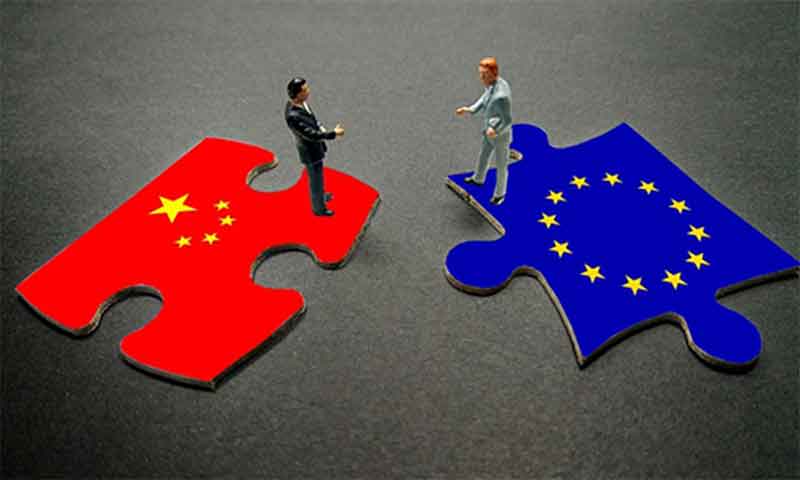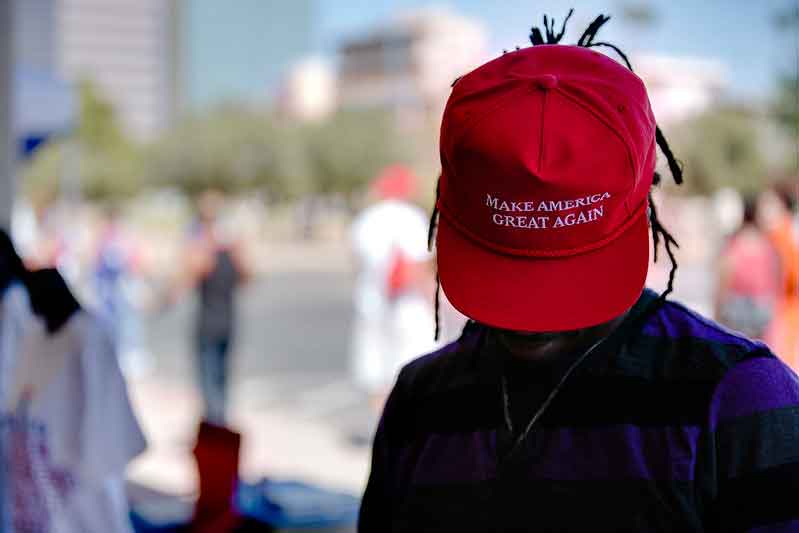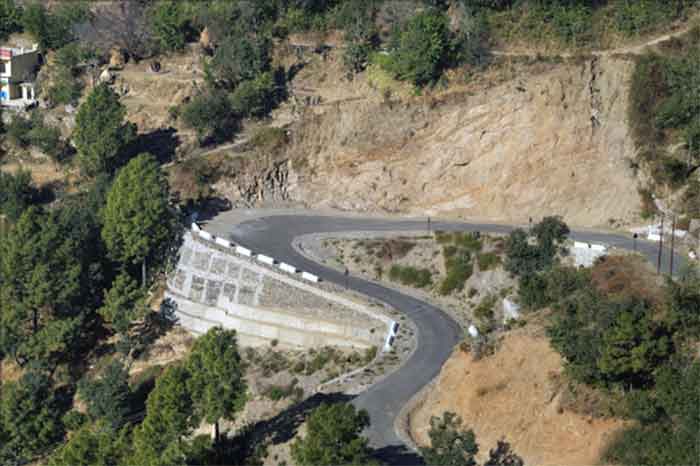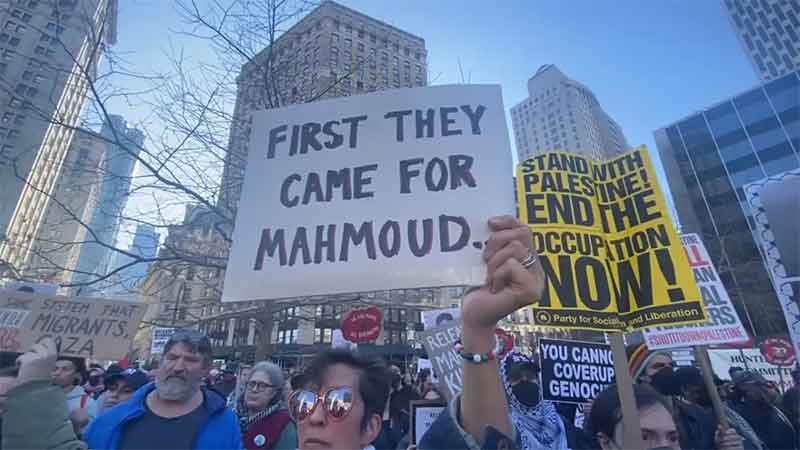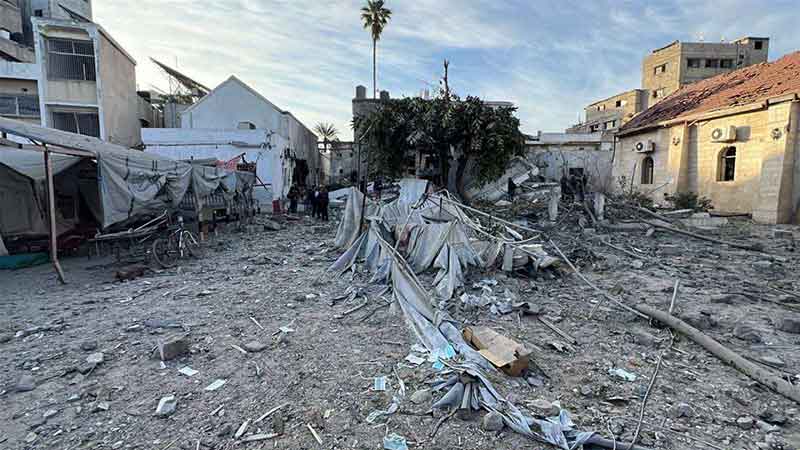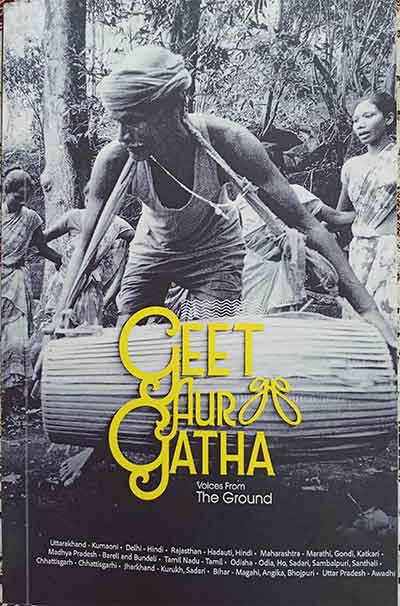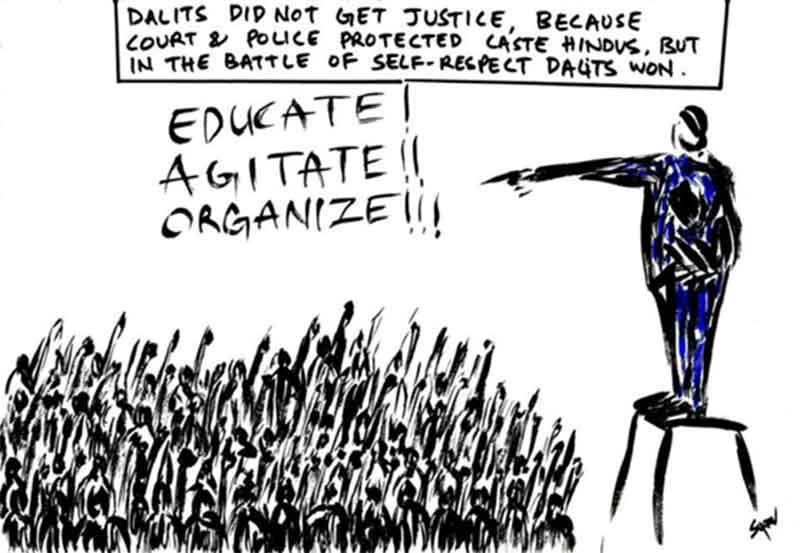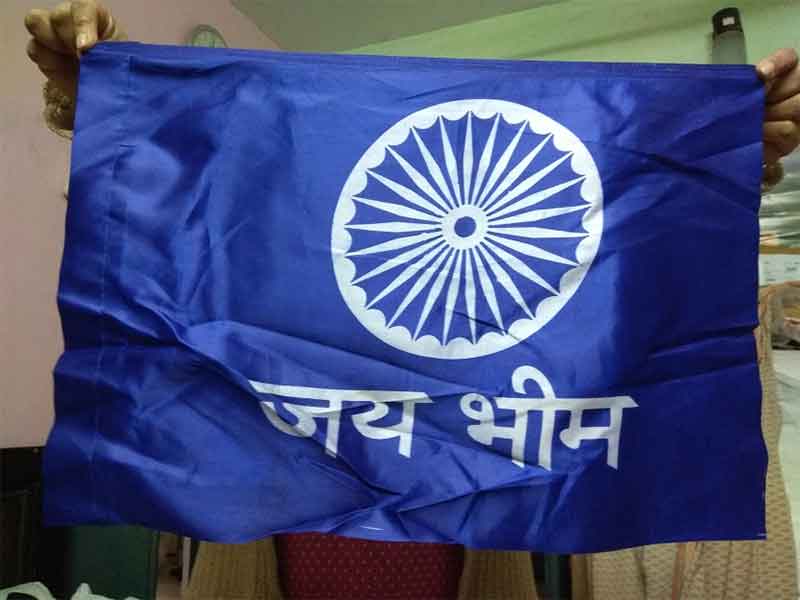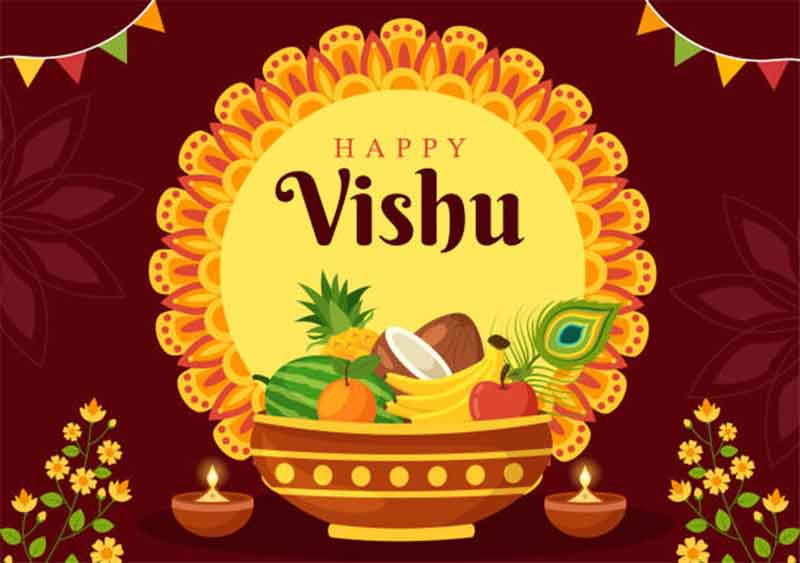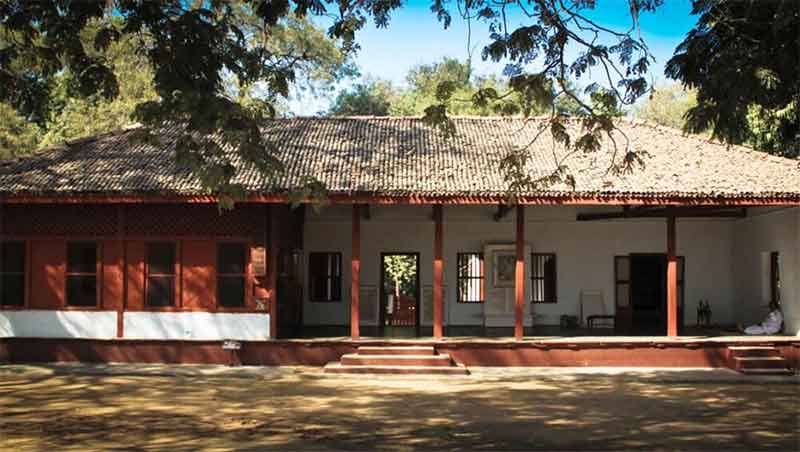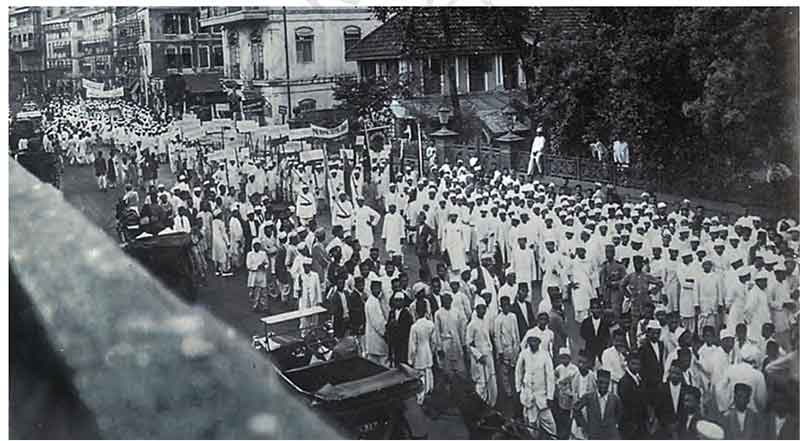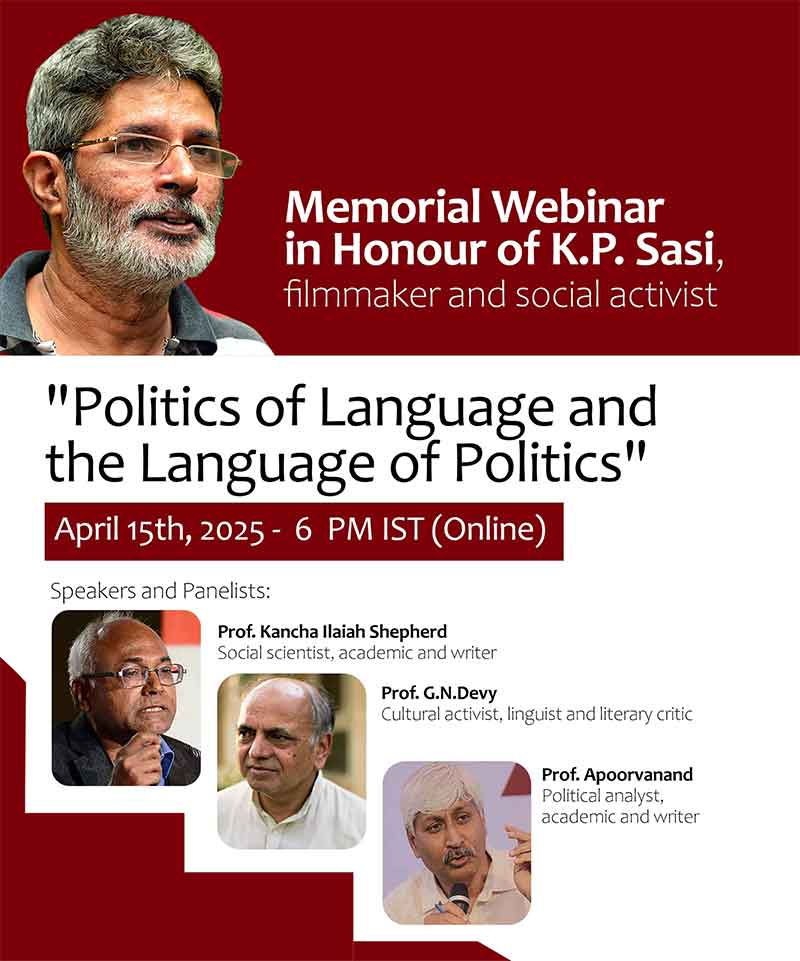
A few days back, during his Eid prayers on the Line of Control across the border, Pakistan’s military chief, General Asim Munir, made a rhetoric about his support and solidarity with Kashmir that, according to him, has been under constant onslaught from India.
As usual, I contacted locals associated with different schools of thought in the valley to gauge the public mood and reaction to the statement. Believe me, no soul seemed even the least interested or made eye contact with me. They just ignored me and seemed tormented by my curious instinct for journalism. I saw them hurrying as if they had seen the ghost.
One reason could be that Kashmiris are very angry with General Munir’s alleged oppression of the Tehreek-e-Insaaf political party and its leader, Imran Khan. Beyond doubt, most Kashmiris have been admirers of Imran Khan since winning his World Cup trophy in cricket.
Another reason obviously would be Pakistan’s changing Kashmir policy and betraying when it was promising to liberate them.
The third primary reason is that after the removal of the special status of the erstwhile state of Jammu and Kashmir, the situation within the Valley has instilled so much fear in the Kashmiris that they do not take the risk of taking the name of Pakistan.
Everyone seems afraid of the BJP’s bulldozer policy in various states of India that has left hundreds of families homeless. Many houses of militants or their sympathisers have met the same fate in the valley.
However, some sections of society are raising the question in a subdued language: what has Pakistan achieved by putting a gun in the hands of Kashmiris? Or why was such a path taken that left Kashmir bruised?
Those who would have answered are probably missing in the land of Kashmir.
Only a few years back, the majority of the Kashmiris used to hold large rallies and processions to demand independence or accession with Pakistan; today, they are afraid even to mention the name of Pakistan, and even some are in a race to prove themselves as Indians.
But are they given the dignity of being Indian?
‘If this were the case, the mainstream leaders and former chief ministers would not have been locked up in jails for years and months; India never trusted Kashmiris, not even those who went against the aspirations of people’.
A leading activist of the National Conference adds that ‘India has set a different standard of Indianness for Kashmiris in which a certain section of the country sees the imaginary line of Pakistan inside their hearts despite seventy years of accession with the country’.
After the division of the sub-continent in 1947, despite India’s coercion and intimidation or Pakistan’s cheap political tactics, the Kashmiris did not stop moving forward. People wanted an everyday life, but that was the least they were provided.
Most historians and political scientists, including Sir Walter Lawrence, wrote while describing the Kashmiri race that “in the DNA of Kashmiris, there is a strong sense of enduring oppression and suppression. For seven hundred years, they have been at the mercy of the Mughals, the Afghans, the Sikhs and the Dogra’. They have been victims of cruelty, but they rose, never stopped and survived every brutality.
There has been little peace in the region in the last seven decades. India’s promise of giving the right of self-determination was reduced to internal sovereignty, which was further reduced to Union territory.
On the other side, Pakistan committed rape of its Kashmir policy when it narrowed the issue from an international to a bilateral one and then knelt before India by locking four points formula to get rid of the Kashmir issue.
When India changed the nature of the Kashmir dispute five years ago and deprived it of its internal autonomy, no one in the Valley listened to Pakistan’s hollow statements. The trust had broken, and so was the Valley’s population, hurt and angry.
Amid this situational background, when Asim Munir started talking about Kashmir on Eid after killing and harassing his people, no one in Kashmir even bothered to listen to him or believe a single word uttered by him.
The fuel to the fire comes from biased media. A large part of the Indian media takes advantage of the opportunity to start the narrative that in Kashmir, where slogans were raised in favour of Pakistan for seven decades, the green flag was hoisted on the 14th of August, or firecrackers were set off when Pakistan would win a cricket match, people don’t even mention the name of Pakistan anymore. Everything has changed. Good or bad, nobody has a clue.
Is it fear, or have people moved away from Pakistan?
Amarjit Singh Daulat, the former head of India’s spy agency RAW, reiterated during a recent conversation with the Wire that after the BJP’s 2019 decision to end internal autonomy, people have forgotten Pakistan and Pakistan story has completed its cycle in Kashmir.
The new scenario has been discussed many times on social media, and pro-Indian politicians promote this narrative well. Still, according to social activist Sajjad Rather, ‘It was not so difficult to call oneself Indian, but Hindutva parties are not satisfied with being Indian. They want to see Muslims painted in the colour of Hindutva and in which some local people are helping them’.
Kashmiris, whether they are Hindus or Muslims, now have a good understanding of the policy of both India and Pakistan.
If the BJP used Kashmiri Pandits to get votes in India, then Pakistan left no stone unturned to get all Muslims labelled as terrorists.
Yet the ideology of Kashmiri Pandits and Muslims does not match anywhere. Pandits never pretended to be pro-independence or pro-Pakistan but aligned themselves with India from time immemorial. The Muslims were divided into pro-independence, pro-Pakistan and pro-India camps. Currently, mainstream politics dominates the region. The pro-libertarians have disappeared from the political scene, while the pro-Pakistan movement has almost disappeared.
About 150,000 Kashmiri Pandits fled the violence in the 1990s at the emergence of an armed movement; many Muslims say that if they were pro-Indian, they should have fought the gunmen instead of fleeing from the scene, while the Pandits blame Muslims for not defending and protecting them from gunmen.
Despite intense recriminations in social media spaces, both communities are trying to restore trust. Still, where Muslims have doubts after the controversial movie Kashmir Files or some pandits for making anti-Muslim statements on Indian channels, it is difficult to believe that Muslims have genuinely moved away from the sentimental attachment to Pakistan or the story of Pakistan is over.
On the other hand, some groups are busy inciting religious sentiments and are fanatically working to subjugate Muslims or make them surrender even their fundamental rights.
Most Kashmiris are just watching the spectacle.
There seems to be no acceptance as an Indian; there is no certainty of forgetting Pakistan. In such a case, what Kashmiris are supposed to do is a question asked by many.
Nayeema Ahmad Mahjoor is an Author and Journalist


